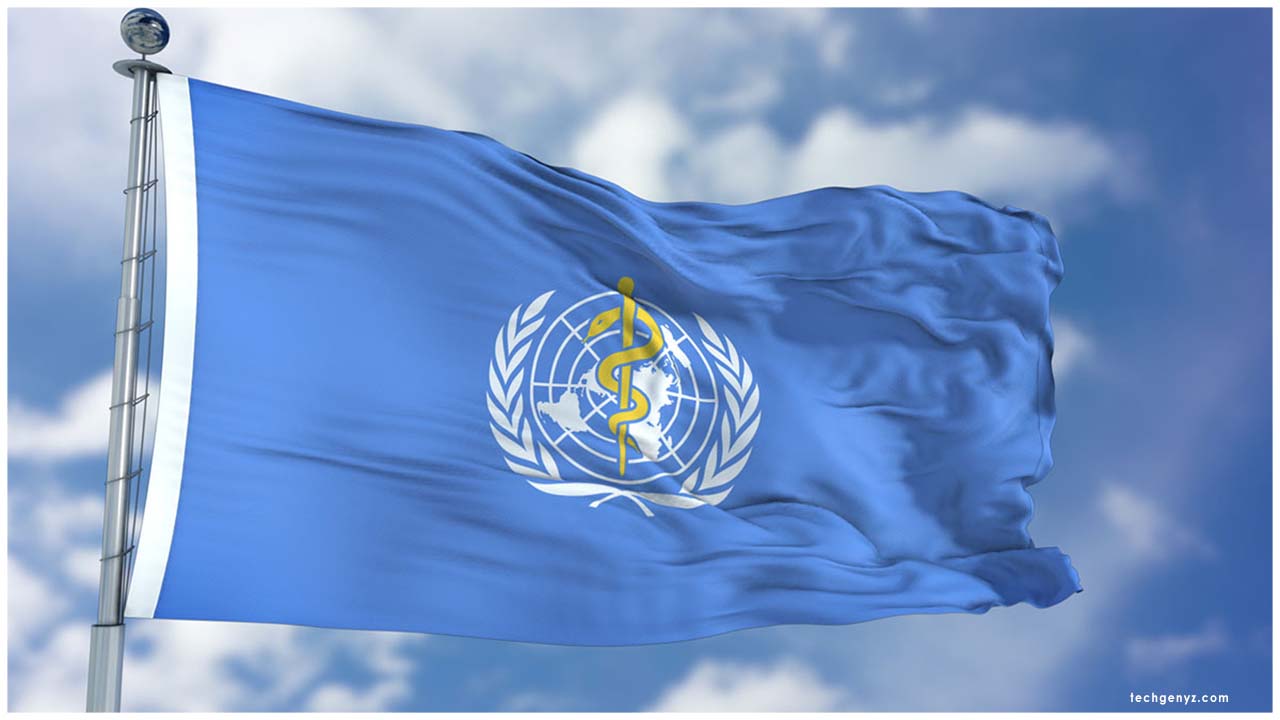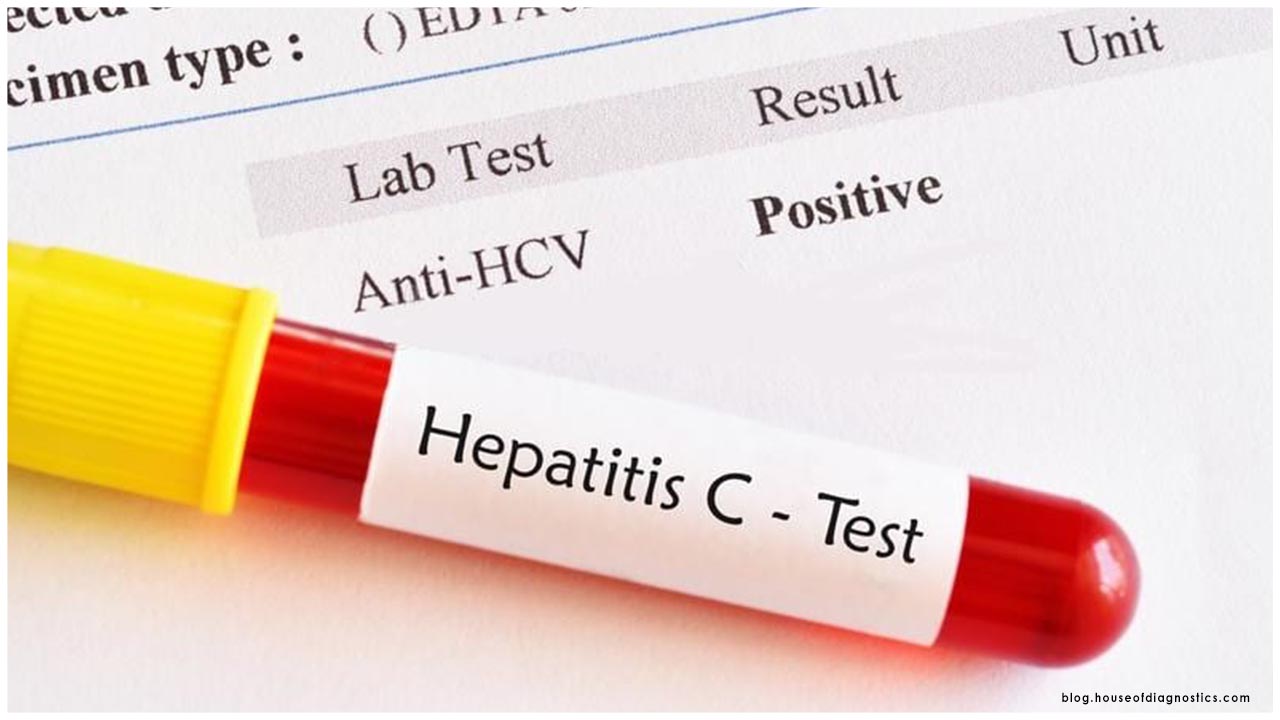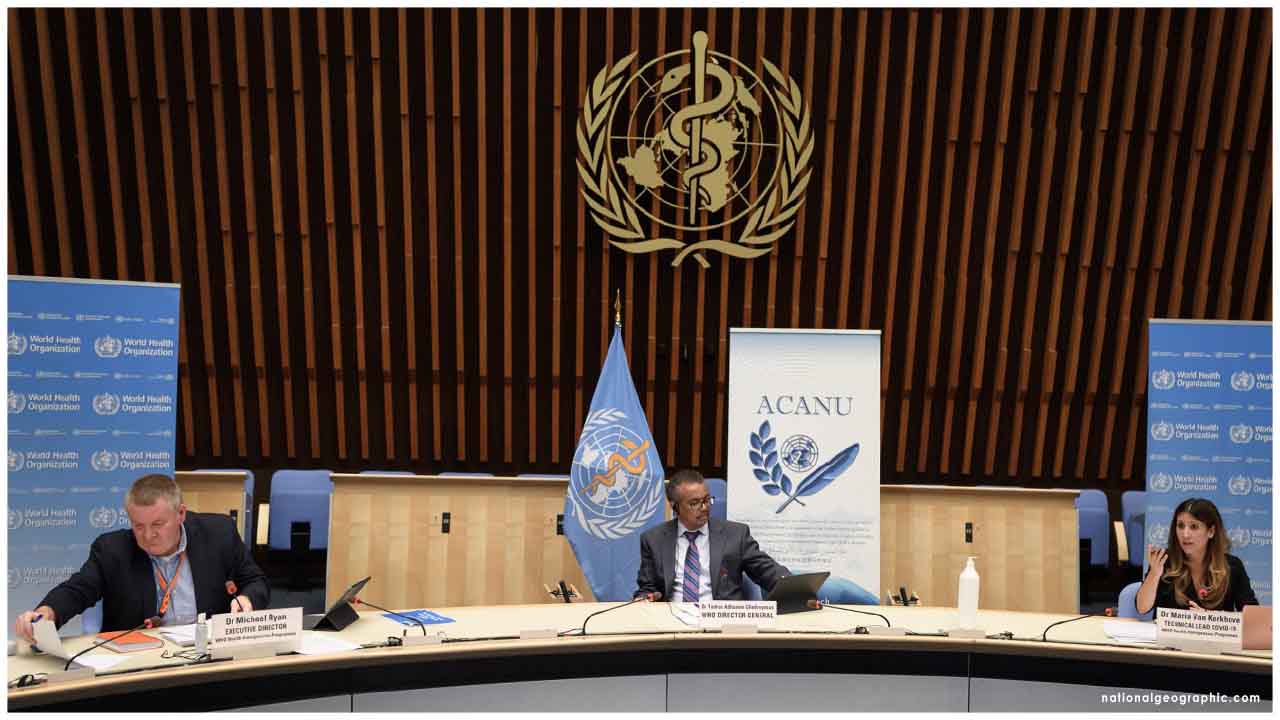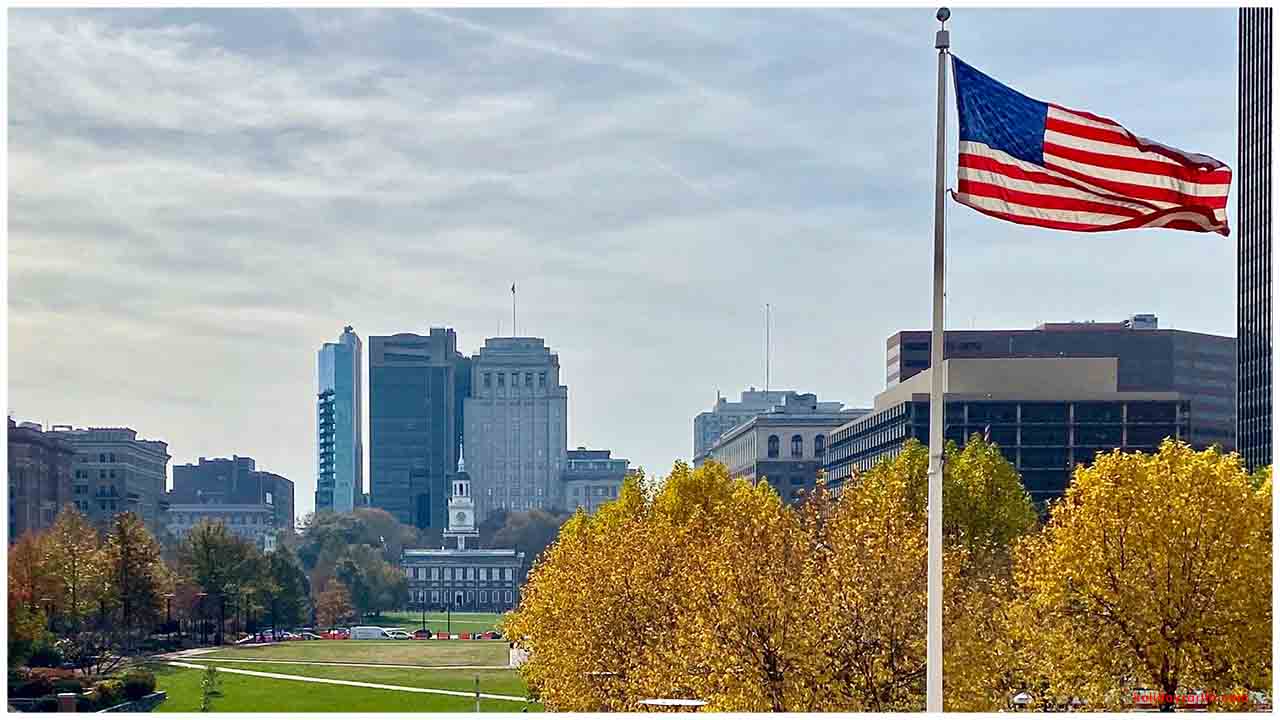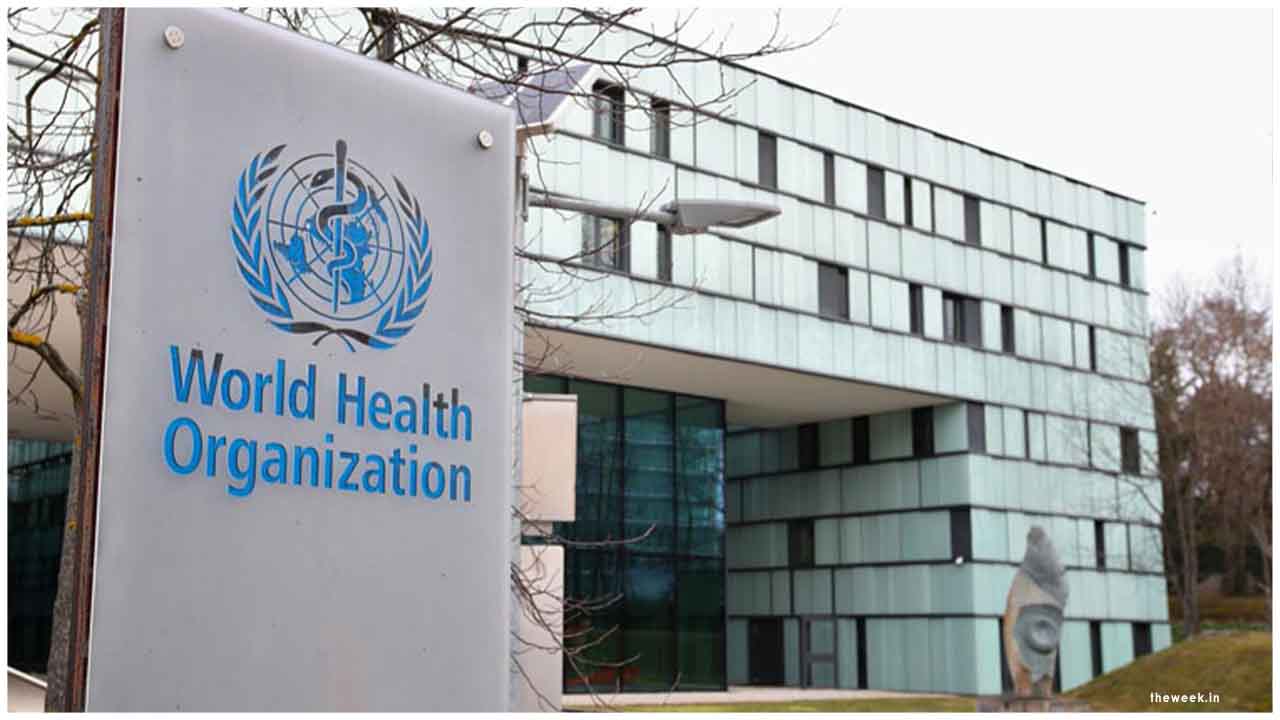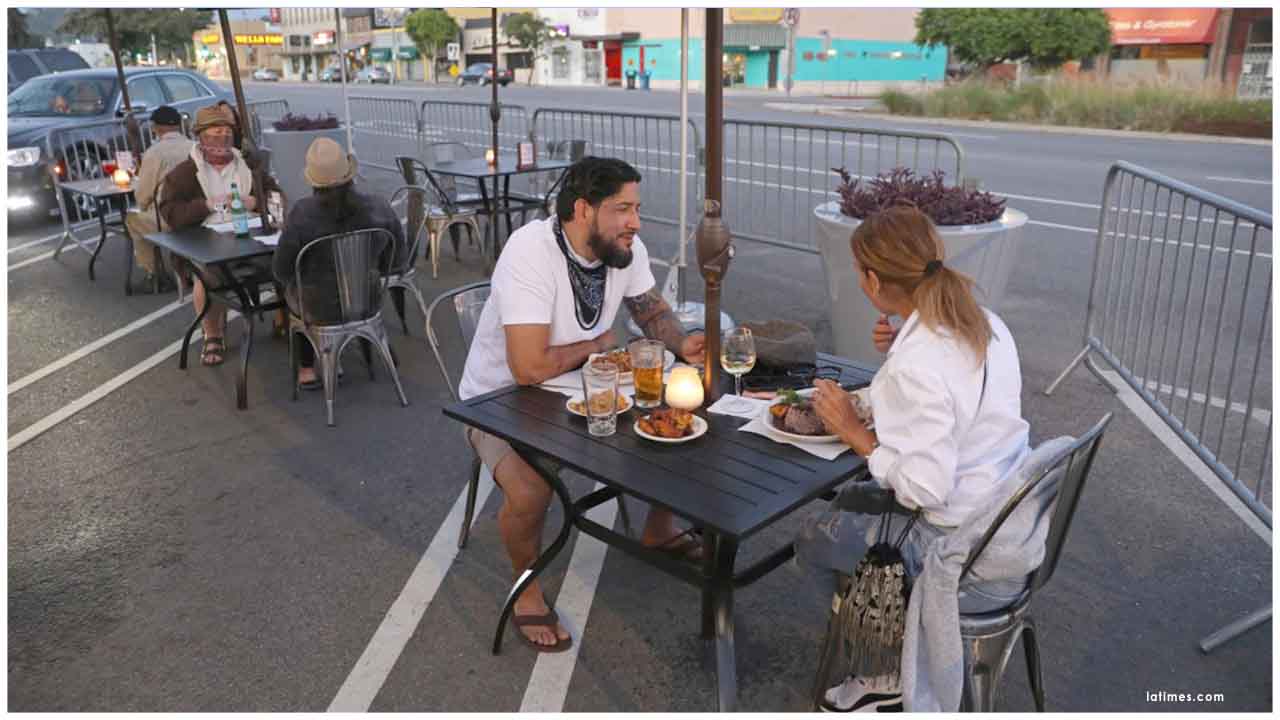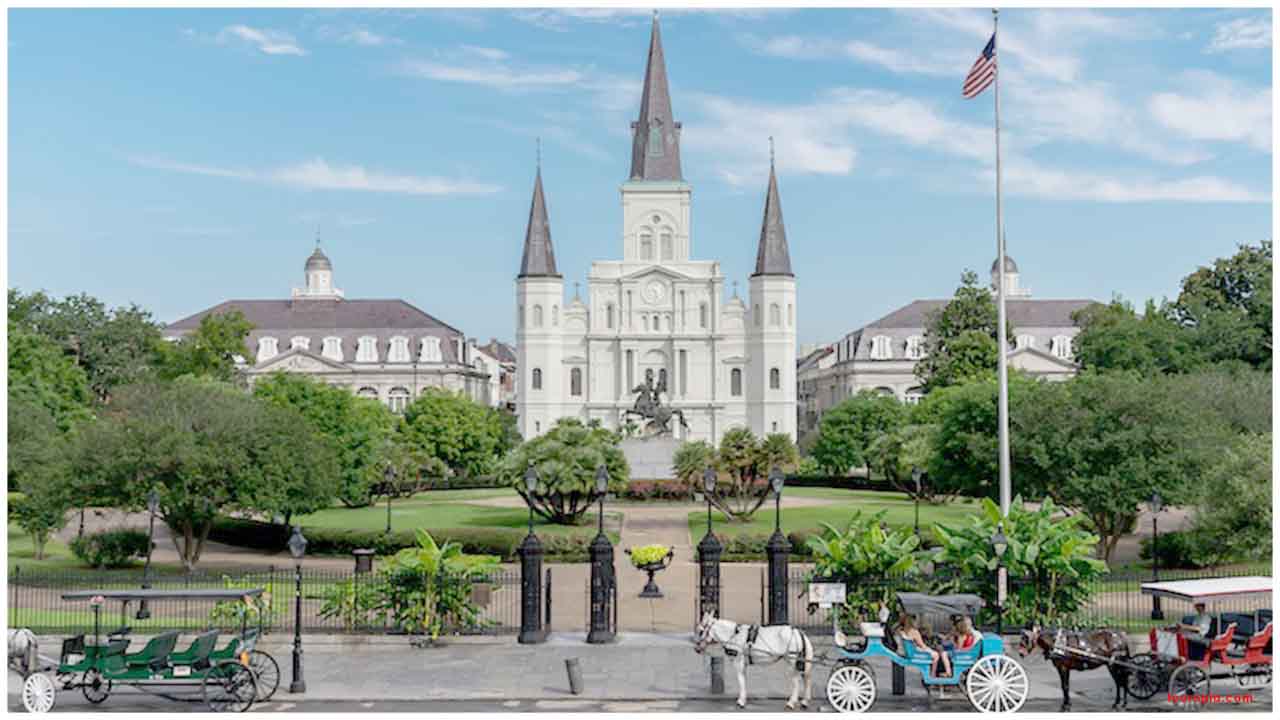Another report finds that in late decades, having more cash has gotten progressively connected with more prominent satisfaction.
The Expanding Class Divide in Happiness in the United States, 1972-2016, distributed in the previous week in the diary Emotion, found that among individuals age 30 and more seasoned, the connection among's pay and joy has consistently ascended throughout the years.
The examination utilized information from the General Social Survey (GSS), one of the longest-running broadly agent studies of U.S. grown-ups, with 44,198 members somewhere in the range of 1972 and 2016.
It found a developing class partition in satisfaction, with the bliss of whites with no advanced degree consistently declining since 1972 while the joy of whites with an advanced degree remained consistent.
For African Americans the outcomes were diverse yet at the same time mirrored a rising cash joy relationship: Happiness levels of individuals of color with no advanced degree have remained consistent since 1972, while the satisfaction of individuals of color with an advanced degree has expanded. For both white and dark respondents, the satisfaction hole by instruction has developed.
The discoveries challenge the "Cash can't accepting satisfaction" proverb that had been bolstered by different investigations, including a generally referred to 2010 Princeton University report demonstrating that at levels higher than $75,000, an ascent in salary isn't related with more prominent joy.
The GSS didn't pose the very same inquiry as the one utilized by the Princeton study, which asked members how they had felt the earlier day and whether they were carrying on with the most ideal life for them.
The GSS asked, "Taken all together, how might you make statements are nowadays? Would you say that you are cheerful, quite upbeat, or disturbed?" The new examination separated respondents into quintiles and deciles dependent on pay, and it took a gander at how they addressed that question more than a very long while.
Grown-ups in 2016 who were in the top decile of family unit pay ($108,410 and higher) were 5% bound to state they were "extremely upbeat" than individuals in the ninth decile. The new investigation found no proof that joy tightens after a specific salary point, however, it didn't contemplate livelihoods inside the top decile to see whether the bliss pay relationship kept on ascending for those acquiring over $108,410.
"The connection (among salary and joy) is more grounded now that in earlier decades," Jean Twenge, the paper's lead creator, disclosed to The Washington Post, including that the lessening in satisfaction among lower-pay individuals might be an aftereffect of rising imbalance, soaring land esteems, and diminished capacity to pay for instruction.
"What you tell your children when you have salary imbalance is, 'You either make it or you don't, so you would be wise to make it,' " Twenge said.

 The study used data from the General Social Survey (GSS), one of the longest-running nationally representative surveys, with 44,198 participants
The study used data from the General Social Survey (GSS), one of the longest-running nationally representative surveys, with 44,198 participants 












